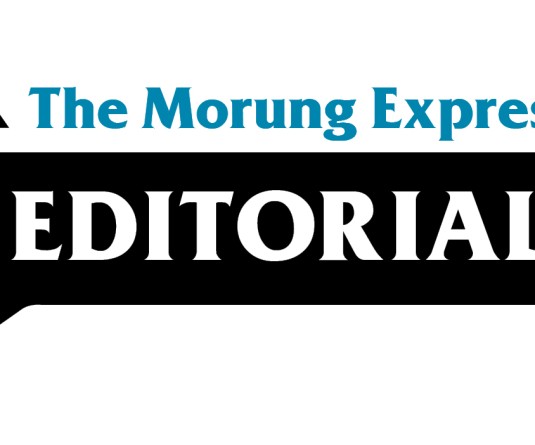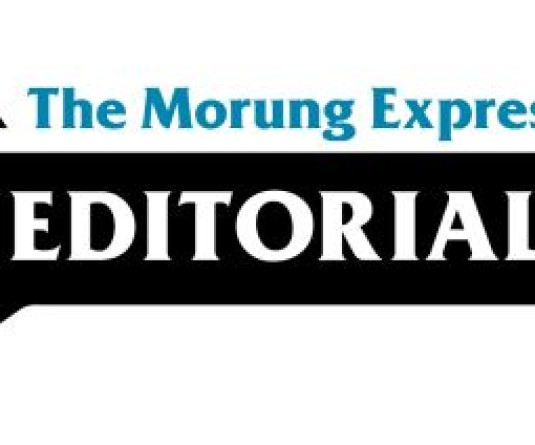
Dr Asangba Tzudir
What does it mean for a media especially the press to report responsibly? To report responsibly is a concern especially in an era dominated by instant information and rapid dissemination of news. There are trends of exaggeration, shifting priorities, manufacturing consent, ideology circulation, moral panic, intrusion into privacy, sensationalism and dramatization. As such, this aspect of responsible reporting has never been more crucial for the media as the fourth pillar of democracy. These responsibilities grow out of the fact that the media is a quasi-public agency and also because of the effects that news plays in people’s lives. Thus, the focus and goals of journalism are as much citizens ‘bill’ of rights as much as they are journalists’ ‘bill’ of responsibilities.
Now the context of Nagaland is such that reporting becomes very challenging because of the very nature of political, religion, social, and cultural aspects that are not only complex but delicately intertwined. Thus, the responsibility of the press extends beyond mere reporting of facts and involves the ethical obligation to provide balanced, unbiased, and responsible reportage while vigilantly guarding against conflicts of interest that threaten journalistic integrity.
A conflict of interest can arise when a journalist’s personal, financial, or certain affiliations interfere with their ability to report objectively. Media houses or individual reporters may have direct or indirect ties to political parties or organizations, business interests which can consciously or unconsciously influence their coverage. Media is not just a medium to let information flow through them and which also carries the risk of becoming mouthpieces of those who may try to propagate a certain ideology or create a popular narrative. The result is often a skewed narrative that misleads the public, fuels polarization, and undermines trust in the media.
The need for responsible reportage is paramount. Reporting is much more than mere information. It shapes public opinion, influences political discourse and even policy making, and impacts the socio-political, cultural and moral fabric of the society. While ethical journalism demands accuracy, impartiality, and a commitment to the public interest above personal or the gain of the media house, any instance of biased reporting, sensationalism, and profit prioritization over truth can easily erode public confidence. Social media’s rapid proliferation can easily exacerbate this trend, thereby allowing unverified news to spread unchecked, often driven by hidden agendas. Further, any misreporting or agenda-driven stories risk exacerbating tensions. This can even derail peace efforts in a place that strives for peace. Journalists must therefore rise above any external pressure or commercial incentives in order to uphold the highest standards of integrity and truth telling.
Transparency is one key step in curbing conflicts of interest. While affiliations may influence their reporting, fear can also cloud the climate of transparency. As such, editorial freedom should be fiercely protected which will go a long way in ensuring that news coverage is free from interference by owners, advertisers, or political figures. Another important measure is rigorous fact-checking and responsible sourcing. In Nagaland’s diverse and sometimes opaque social setting, relying on verified sources and providing context is essential. Sensational headlines and provocative narratives may attract clicks and views but will do little to serve public understanding or social cohesion. Instead, investigative journalism that highlights systemic issues without bias helps citizens in making them better informed.
The Information flow through various medium including social media has become so rapid that Education and professional development of journalists in Nagaland is equally critical and which will go a long way in building a culture of responsible reporting. An important area of concern is issues related to privacy of individuals. Media are watchdogs but not bloodhounds, and it is not just about the ethics of reporting but also being mindful about the boundaries within which media operates and which encompasses responsible reporting. The media in Nagaland stands at a pivotal crossroads where the power to inform carries an immense responsibility to report with fairness, impartiality, and with integrity. At a time when information can spread like wildfire, being professionally ethical and reporting responsibly has become more vital.
(Dr Asangba Tzudir writes a weekly guest editorial for The Morung Express. Comments can be emailed to asangtz@gmail.com)





